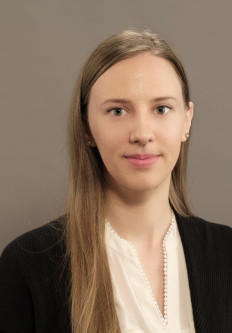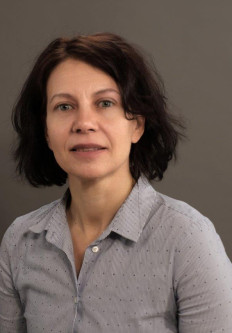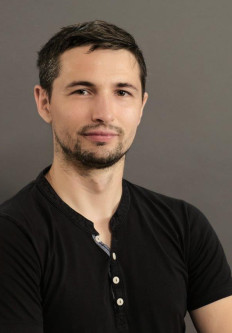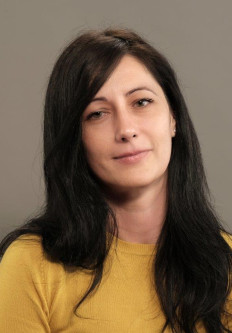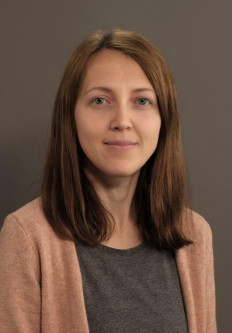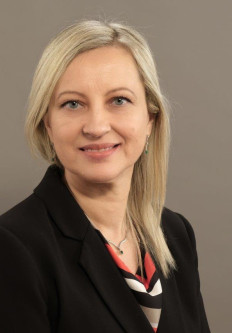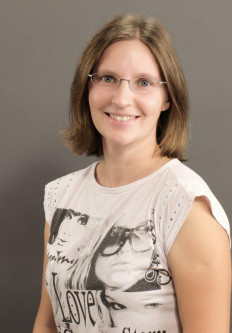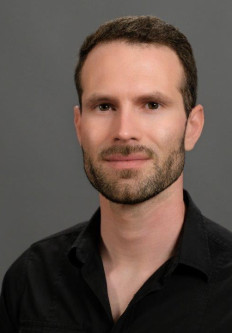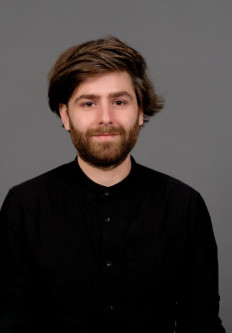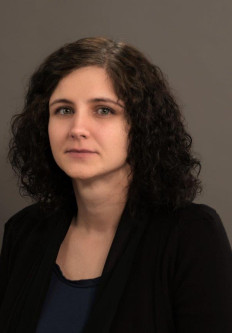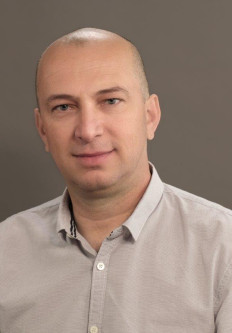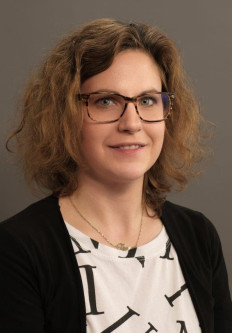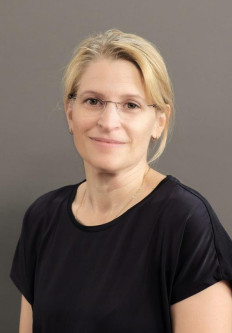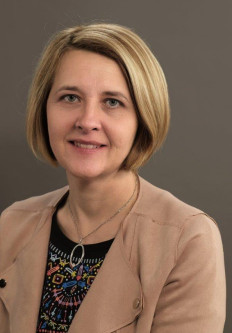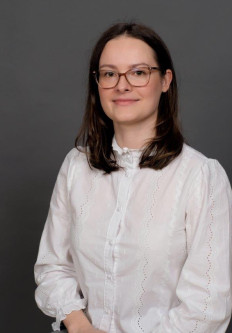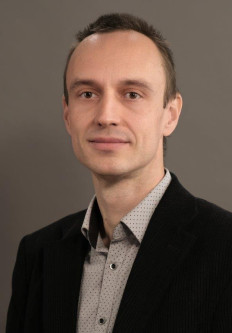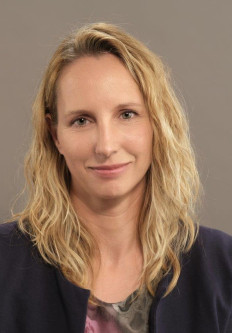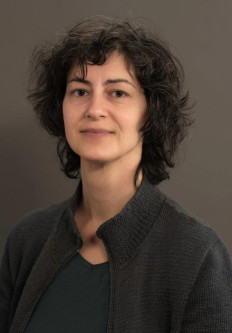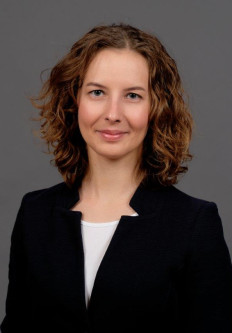

Master courses in English
Information on courses carried out in English and offered to Erasmus students is available here.
No other courses will be taught in English at the Master’s level in the academic year 2020-2021.
The list of Master courses in English:
Prerequisits
Exam in basic statistics and exam in cognitive psychology.
Objectives and subject-specific competences
Objective: To upgrade the knowledge and skills related to the planning and preparation of psychological research and analysis of the results; acquiring in-depth understanding of research design and analysis of complex data.
Competencies: The student is able to design empirical research in selected fields (e.g. in neurophysiology, positive psychology …) and administer more complex forms of data analysis. He/she knows the structure and main features of techniques for modelling cognitive functions and factors of personality, psychological well-being, and similar. He/she is able to communicate the results to other professionals of related discipline.
Description of content
Research design: complex multivariate studies, types of research designs in neurophysiology and cognitive neuroscience (with an emphasis on experimental design), specialties of research with small samples and in case studies.
Preparing the study: presentation of a variety of programming environments.
Analysis of results: general linear model and its varieties, (M)AN(C)OVA, review of structural modelling, specific research approaches and data analyses: case studies, use of neurophysiological techniques, neural networks.
Basic bibliography
Franklin, R. D., Allison, D. B. in Gorman, B. S. (1997). Design and analysis of single-case research. Mahwah, NJ: Lawrence Erlbaum. (p. 1-12, 41-92, 119-214, 245-278)
McLeod, P., Plunkett, K. in Rolls, E. T. (1998). Introduction to Connectionist Modelling of Cognitive Processes. Oxford: Oxford University Press. (p. 1-154)
Stevens, J. (1996). Applied multivariate statistics for the social sciences (3. ed.). Mahwah, NJ: Lawrence Erlbaum. (p. 188-260, 313-350, 389-422)
Envisaged learning outcomes
Knowledge and understanding
Knowledge of system of methods of data analysis. Understanding the logic of experimental and other research designs. Understanding the principles of the most commonly used analyses of data collected in neuropsychological and complex multivariate studies.
Application
Proper formulation of the problem and structure of the research design. Transfer of the design into the programming code. Selection and application of appropriate methods of analysis. Cooperation with specialists in the use of advanced modeling techniques.
Reflection
Awareness of the limitations of individual methods, approaches and paradigms. Taking into account the diversity of paradigmatic background of experts from other disciplines. Awareness of the need for replication.
Transferable skills
ICT use, skills, research and use of domestic and foreign literature and other sources, written and other types of reporting; teamwork and communication with experts and general public.
Methods of teaching and learning
lectures, individual assignments, seminar, computer workshops
Methods of assessment and the assessment scale
(a) written exam;
(b) 6-10 (positive), 1-5 (negative); with regard to the Statute of UL and faculty rules
Curriculum complier
Valentin Bucik, PhD, Full Professor
Anja Podlesek, PhD, Associate Professor
Gregor Sočan, PhD, Assistant Professor
Grega Repovš, PhD , Associate Professor
Podlesek, A. (2002). The effect of motion acceleration on displacement of continuous and staircase motion in the frontoparallel plane. Psihološka obzorja, 11(2), 7-21.
Repovš, G. in Baddeley, A. (2006). Multi-component model of working memory: explorations in experimental cognitive psychology. Neuroscience, 139(1), 5-21.
Sočan, G. in Blenkuš, M. (2003). Struktura bivalnih potreb: primer uporabe trismerne komponentne analize. Psihološka obzorja, 12(1), 39-53.
